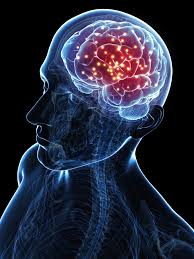By Wanda Christ et al.
Source Biorxiv
Abstract
The corona virus (SARS-CoV-2) pandemic and the resulting long-term neurological complications in patients, known as long COVID, have renewed the interest in the correlation between viral infections and neurodegenerative brain disorders. While many viruses can reach the central nervous system (CNS) causing acute or chronic infections (such as herpes simplex virus 1, HSV-1), the lack of a clear mechanistic link between viruses and protein aggregation into amyloids, a characteristic of several neurodegenerative diseases, has rendered such a connection elusive. Recently, we showed that viruses can induce aggregation of purified amyloidogenic proteins via the direct physicochemical mechanism of heterogenous nucleation (HEN). In the current study, we show that the incubation of HSV-1 and SARS-CoV-2 with human cerebrospinal fluid (CSF) leads to the amyloid aggregation of several proteins known to be involved in neurodegenerative diseases, such as: APLP1 (amyloid beta precursor like protein 1), ApoE, clusterin, α2-macroglobulin, PGK-1 (phosphoglycerate kinase 1), ceruloplasmin, nucleolin, 14-3-3, transthyretin and vitronectin.
Read more https://www.biorxiv.org/content/10.1101/2022.09.15.508120v2

